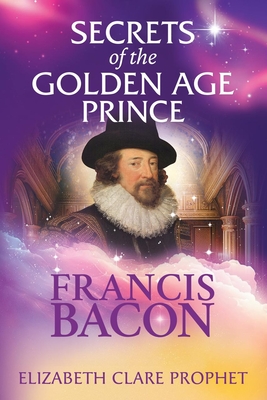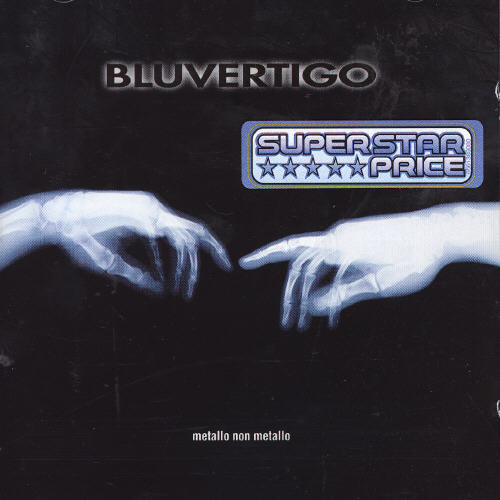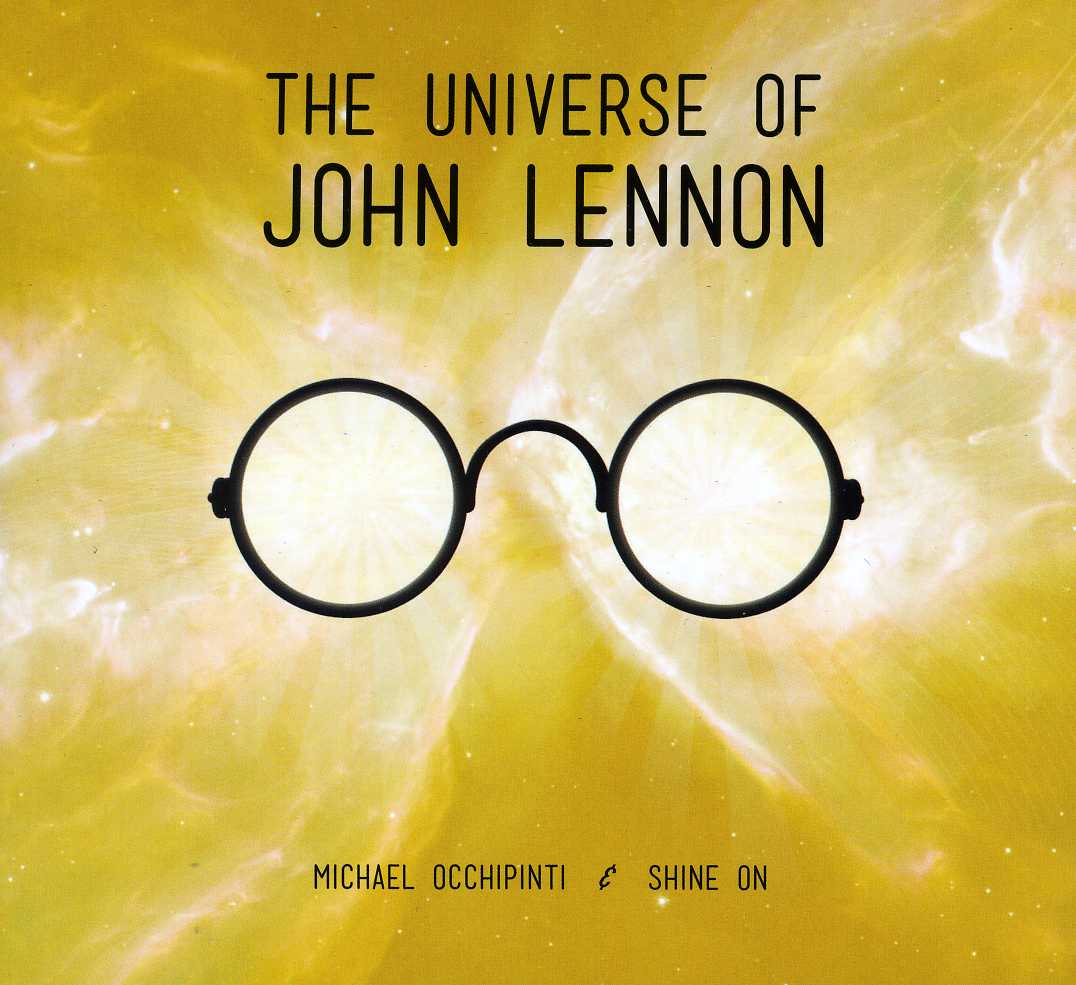
The premise of the fine, foregoing biographies has been to discern and explain the secrets of a great, historic personality, perhaps the world's greatest genius, from a fixed birthdate to a fixed date of death. The less conventional premise of this book is to explain the context of the life of the person, Francis Bacon, as one crucial chapter within a long continuity of lifetimes, yet unending.
Francis, and those closest to him, manifested the beginning of the Great Instauration in the form of an extraordinary array of civilization-building services, sacrificially, under persecution, for the love of humanity and the latent divinity within the people. Francis' conclave of literary men saw themselves as brothers, demonstrating a constructive vision and true charity, outside the churches which had suppressed as heresy what the people needed to know about nature and themselves.
How did twelve-year old Francis see the need and then generate the beneficial concept of the Great Instauration, meaning the restoration of a golden age of abundance, a paradise lost? This would require prior knowledge and likely actual engagement in such a civilization. Why was it lost? Why did he persevere under Job-like trials to produce a legacy of enlightenment he knew would only bear fruit long after his passing? And, is a soul of this magnitude lost forever to humanity at his passing? None of these questions can be answered entirely by original source documents, especially when for safety's sake Francis deliberately hid or obscured the records of that lifetime.
To answer the questions, the scope of Elizabeth Clare Prophet's biography of Francis Bacon honors the existing body of documented research and then necessarily expands the lens of discovery to summarize a continuous chain of prior lives, the lifestream of this soul.







